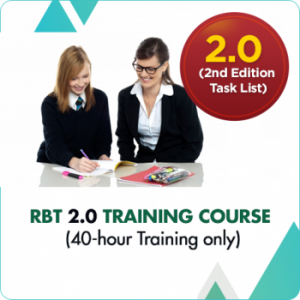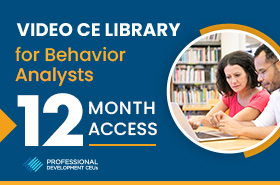Addressing the Fear of an Autism Diagnosis
Nothing is more terrifying for a parent than learning that their child has a disability. Expectations during prenatal times give way to fears of what to do if their child is diagnosed with any kind of disorder. Parents of children with autism often question what they could have, or should have done, to prevent this condition.
Though the cause and makeup of autism are unknown, parents can take advanced steps in early detection and diagnosis if the symptoms are present. Overcoming the fear of diagnosis and understanding the root cause of the fear can make a difference in how a family will cope with the diagnosis or the possibility of such an event.
Overcoming the fears associated with autism for parents can be as simple as spending as much time with the child as possible in order to understand where they are in their individual state of development. Engaging the child, even if the efforts seem to fail, can make a difference. Every child is unique, and in the case of a child with autism, it is essential to dropping the usual expectations that are often present in parents of young children. Autism is a silent disorder with many different aspects related to and dependent on their individual needs.
Some parents use their fear and turn it into a positive force, engaging their child with autism in activities that exercise their mind and their body in hopes of reaching into the dark places of the child that often seem very hard to access. One notable author and father of an autistic son takes his child on hikes, often deep into the mountains, all the while talking, teaching, and engaging. The worst thing a parent can do in the case of a diagnosis is to ‘give up on the fact that the child can or will take an active role in everyday activities.
Another way to alleviate fear is to take an active role in autism communities that offer education, support, and ways to become actively involved. Anything that a parent can do to get involved, not only in the recovery or education of their own child but also in the community of parents that seems to grow every day will help.
Learning from the child while teaching them may help alleviate some fears that a parent can have in regards to the child with autism. Books, articles, websites, and even educators themselves can often give conflicting information, creating fear and confusion in the family. The best way for a parent to overcome the fear and learn about this epidemic disorder is to focus on their child.
References:
TACA-Talk About Curing Autism, After the Autism Diagnosis, retrieved 3/26/11, tacanow.org/family-resources/after-the-autism-diagnosis-staying-connected-as-a-couple/
Web M.D., Autism-Making the Diagnosis, retrieved 3/26/11, webmd.com/brain/autism/searching-for-answers/symptoms
About.com, Overcoming the fear of Autism, retrieved 3/26/11, autism.about.com/b/2010/06/15/overcoming-fear-of-autism.htm
Copyright © by Special Learning Inc. All right reserved.
No part of this article may be reproduced in any manner whatsoever without written permission except in the case of brief quotations embodied in critical articles and reviews. For information, contact Special Learning Inc., at: contact@special-learning.com








